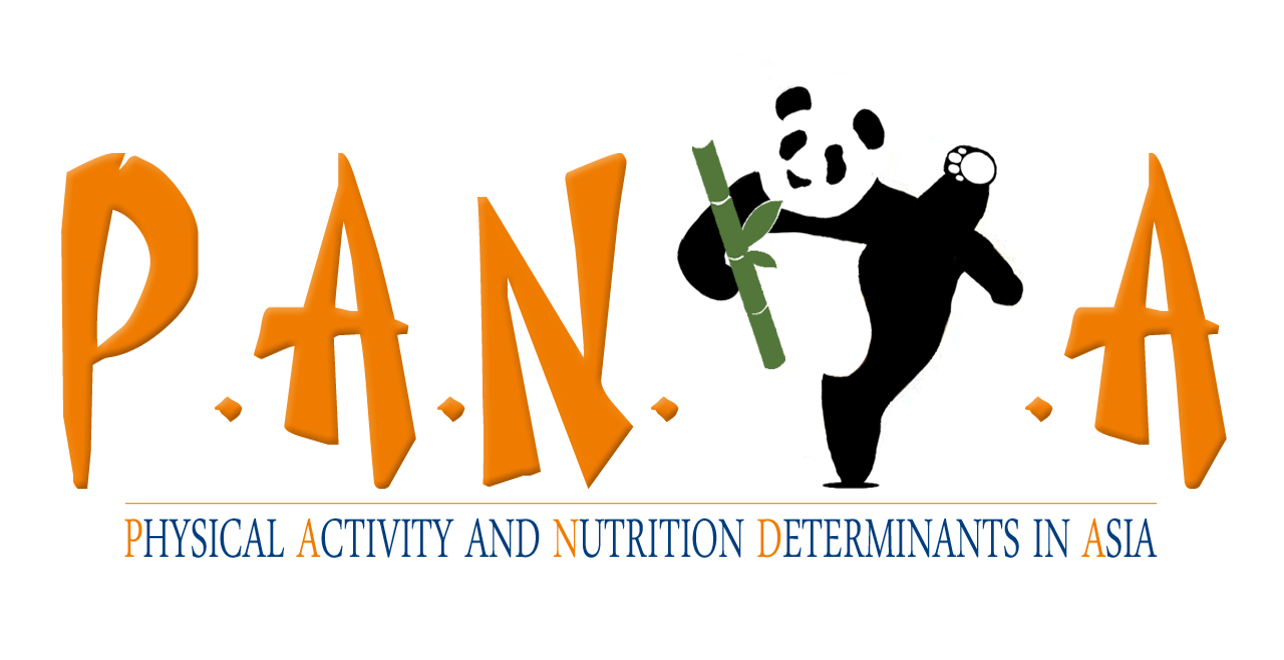Project Title: Lifestyle Apps – Apps for life? Understanding lifestyle app engagement and retention in young adults
Background
While most individuals are not obese in childhood, accumulative weight gain through later adulthood potentially results in large public health burden. Despite existing obesity prevention strategies in Singapore, the age-specific prevalence of obesity (BMI>30 kg/m2) for 18 – 29 years old in 2004 (6.8%) and in 2010 (10.6%) suggests a rapid rise in weight and BMI among young people. High smartphone penetration in Singapore, and wide availability of mobile health (mHealth) applications makes this a promising platform for weight management interventions in youth. However, the reasons and motivations underlying downloading and continual use of mHealth apps and the role of such apps in weight-gain prevention are currently under-explored. In addition, the influence of social media on food and activity choices is also less well understood despite its high use among young adults.
Project aims
Using focus group discussion in young adults aged 18 – 24 years from the National University of Singapore and Republic Polytechnic, we seek to:
- Understand how social media influences food and activity choices
- Gain insights into experiences of weight gain and use of mHealth apps in weight-gain prevention among young adults
- Discuss the design of mHealth apps that will be effective at reaching and retaining young adult users in delivering health behavior change interventions.
Presentation/Publication
- Leu J, Tay Z, van Dam RM, Müller-Riemenschneider F, Lean MEJ, Nikolaou CK, Rebello SA. “You know what, I’m in the trend as well” – Understanding the inter-play between digital and real-life social influences on the food and activity choices of young adults. Public Health Nutr. 2022 Feb 21:1-50. doi: 10.1017/S1368980022000398.
ISBNPA 2019 conference
Last updated Mar 31, 2022
